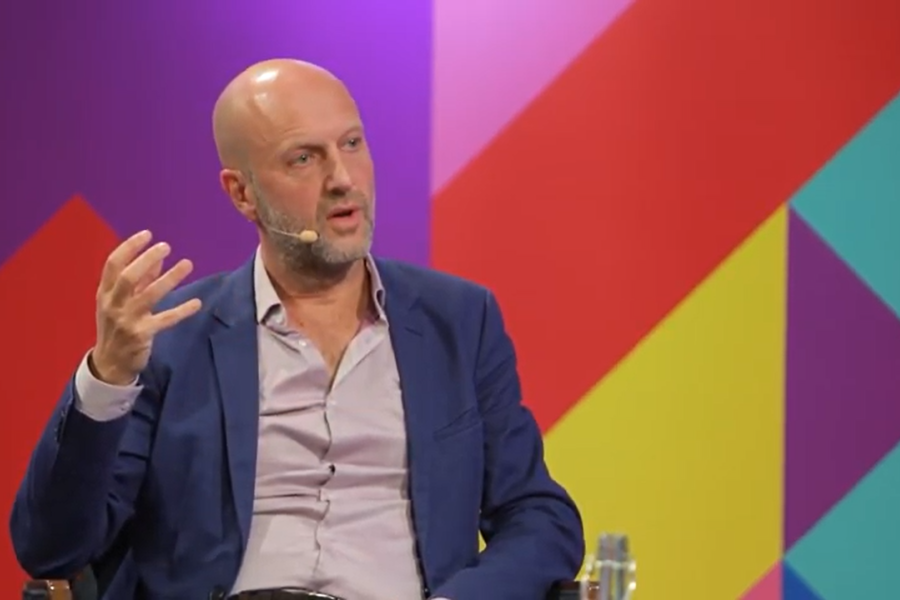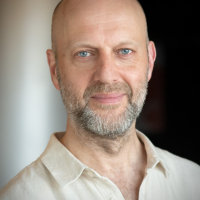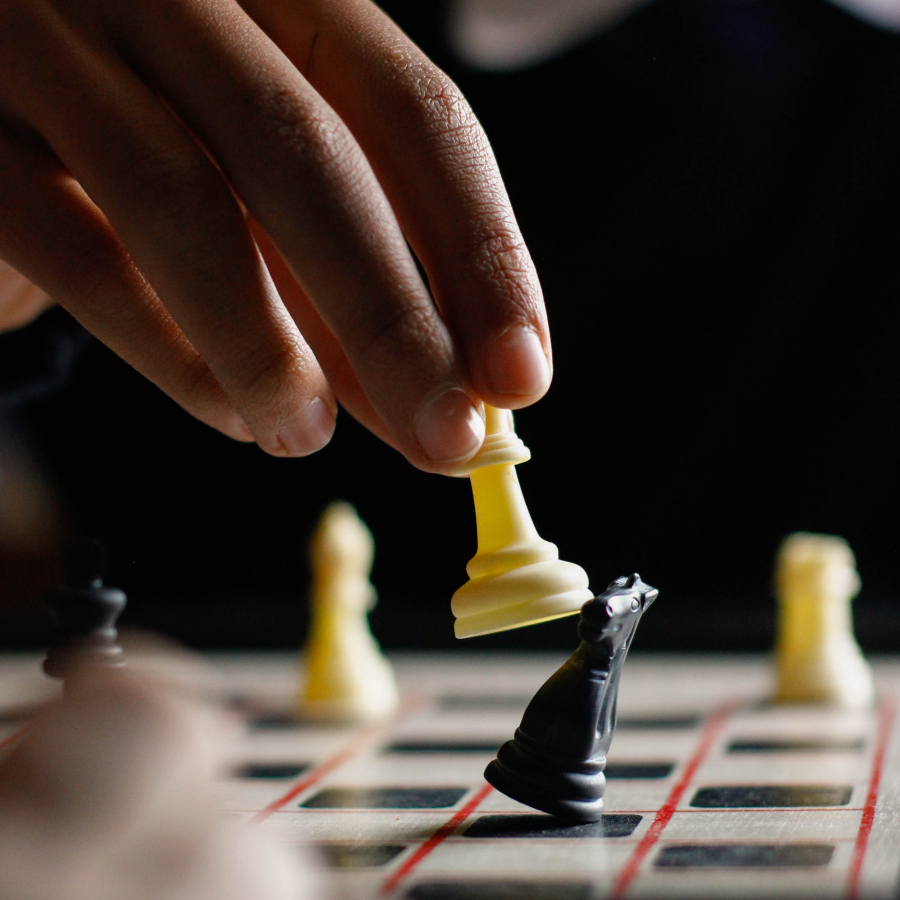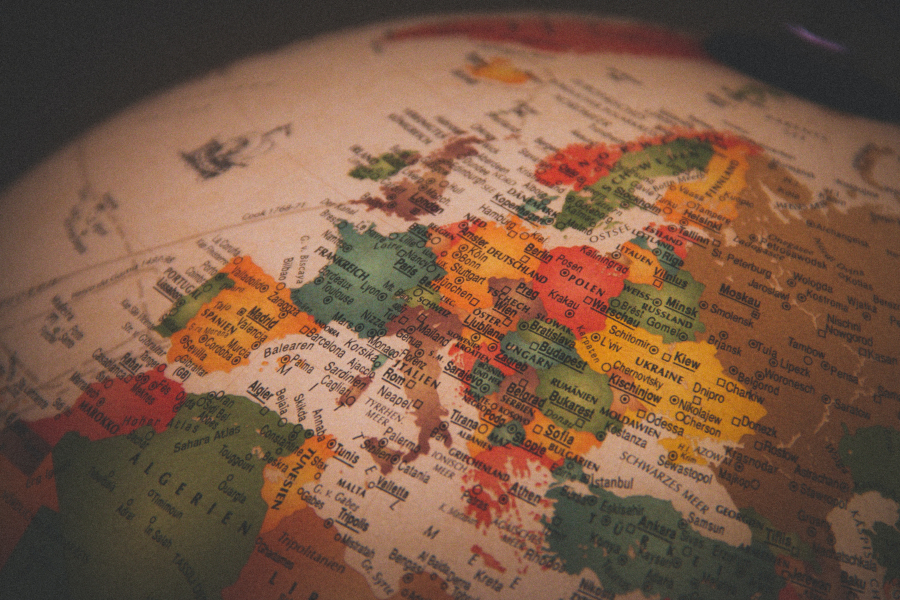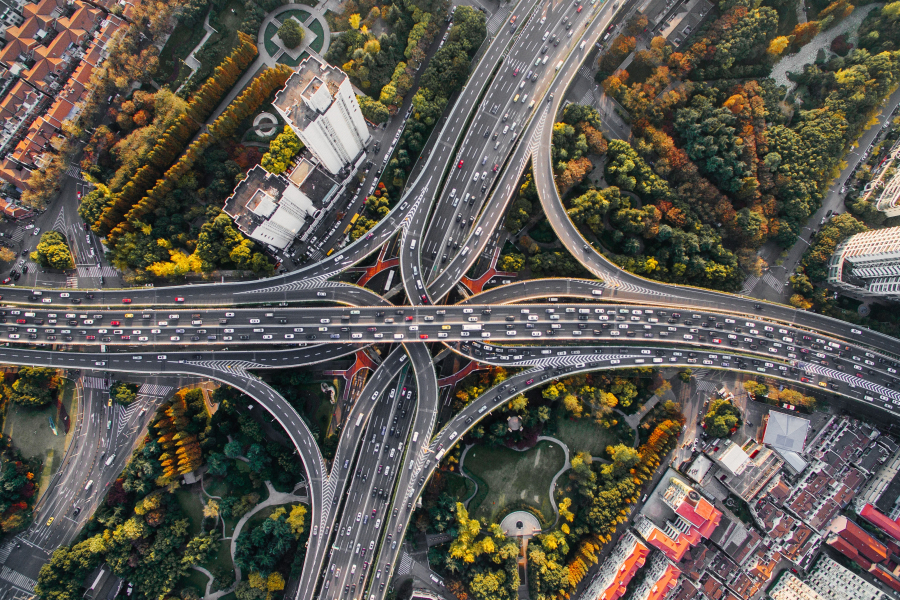Putin's Power Pyramid
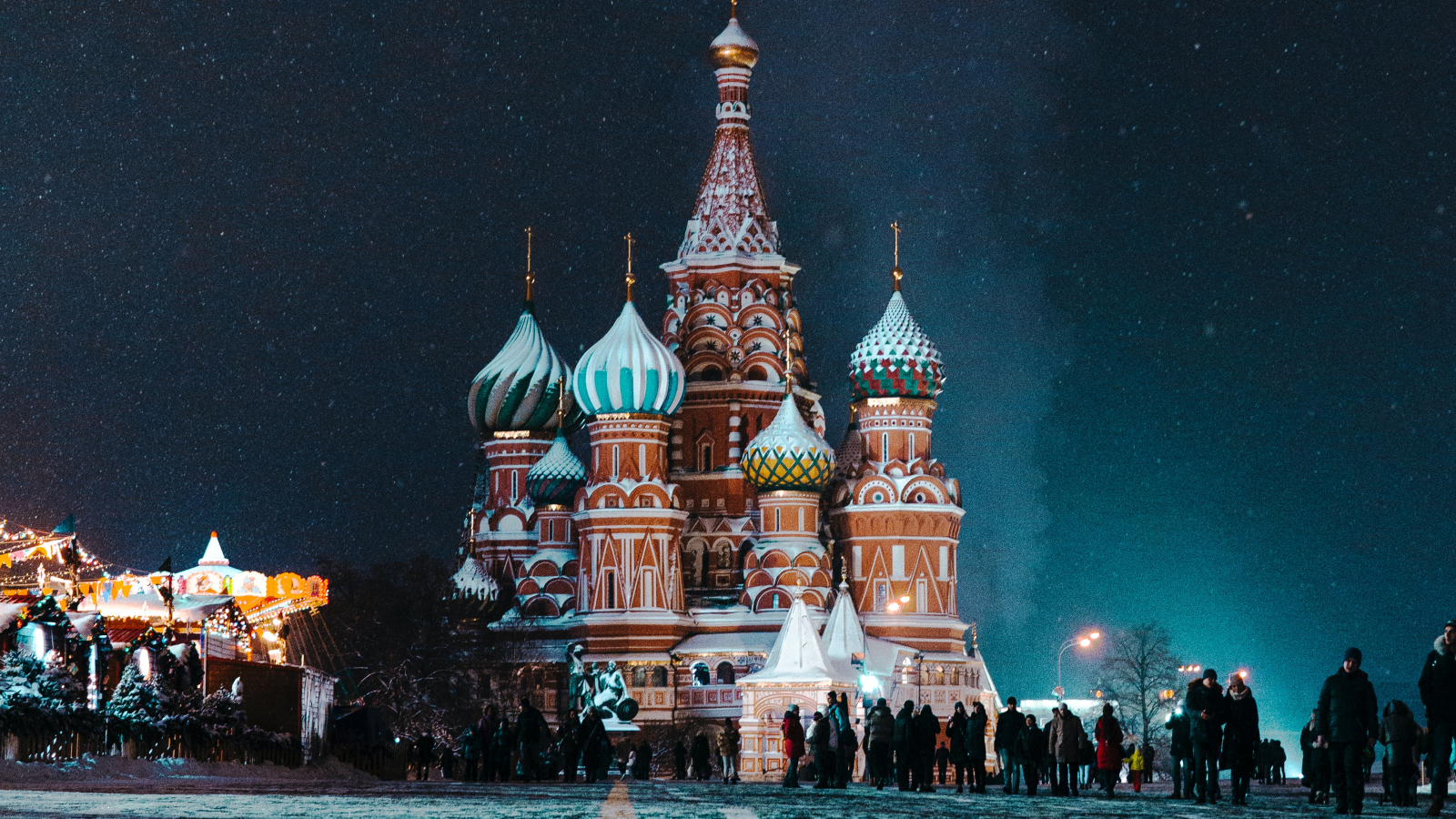
Since the start of the war in Ukraine, the newspapers are full of articles about Russia's power. The country is big, its leader ruthless, and many Europeans are scared about what is yet to come. What are Putin's plans?
Especially at the beginning of the war, Russia's army seemed to be an unstoppable threat. But what has become apparent in the war in Ukraine, is that there is a gap between Russia's geopolitical objectives and the strength of their military. We discussed Russia's power game with historian Dr Gijs Kessler (International Institute of Social History).
"Russia's economic system is not sustainable, especially not when you are boycotted by the countries that you built your gas pipelines to."
- Historian Dr Gijs Kessler
Russia's weakness
One of Russia's biggest weaknesses is its economic position. Russia's biggest export products are gas and oil, while simultaneously importing nearly everything else. Kessler explains: "This system is not sustainable, especially not when you are boycotted by the countries that you built your gas pipelines to." The narrative of Russia making a lot of profit by selling its surplus of gas and oil now to China and India is false. To export the same amount of gas and oil to China by building new pipelines would take massive investments and approximately ten years. This causes Russia to miss out on a lot of their Gross Domestic Product (GDP).
This report from Yale university casts a scathing judgment on Russia's economic situation: Russia is losing its main markets, domestic production has practically come to a standstill and imports have collapsed. In other words, Russia should be almost bankrupt by now, which makes it rather difficult to maintain one of the biggest armies in the world.
Russia's power
Why are we as European countries then still blinded by the power of the Russian state? To understand that, it is important to distinguish between two types of power. Sociologist Michael Mann (1983) differentiates between despotic power and infrastructural power. Despotic power is the power over society, whereas infrastructural power is power through society. With despotic power, often exercised by authoritarian leaders, state elites can coercively act without consultation of or negotiation with civil society. One may think of using military or police force for example. Infrastructural power is executed through institutions and social security, and entails a cooperative relationship between citizens and their government. This results in a population that supports and feels protected by the government.
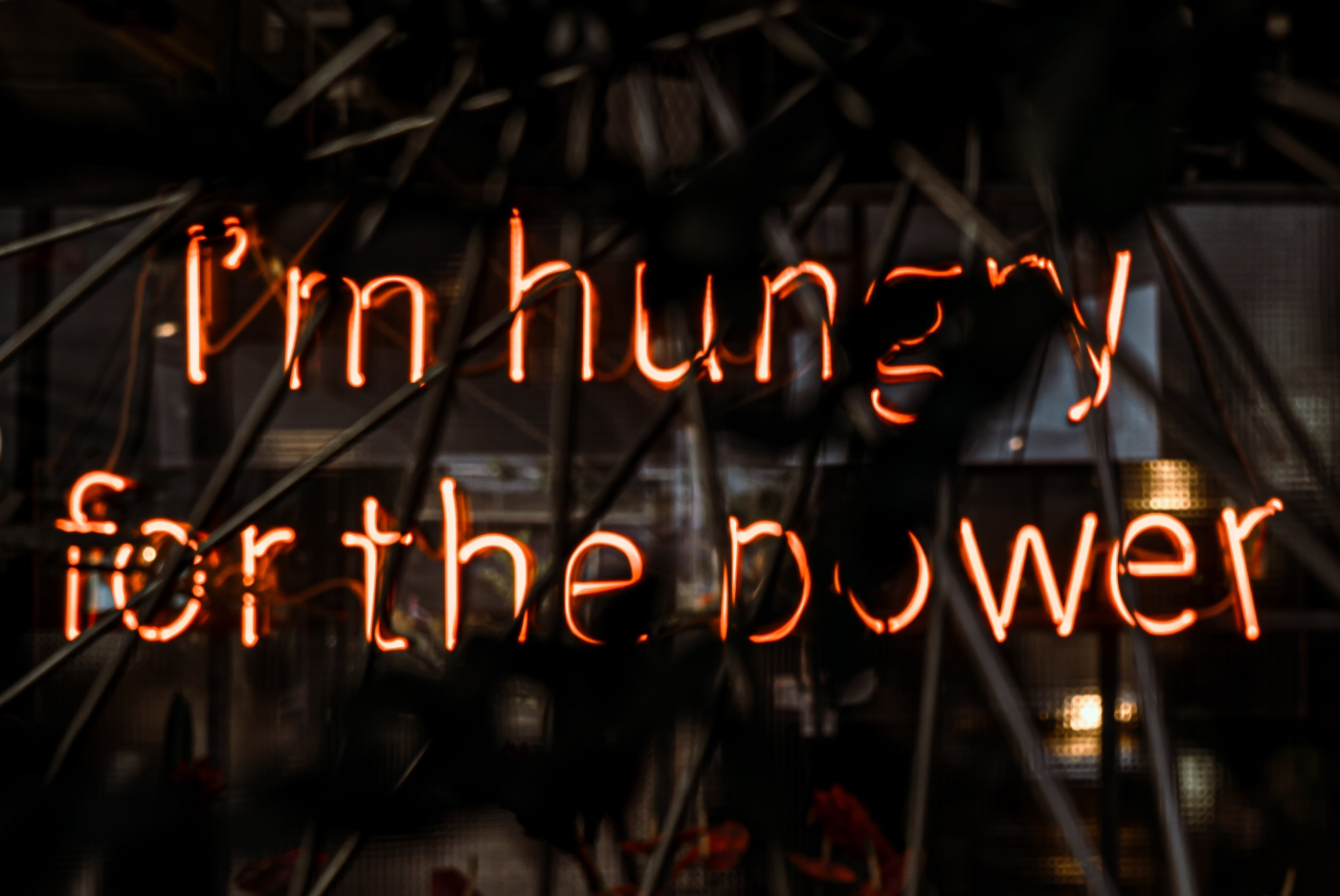
"While Russia has a lot of despotic power," Kessler explains, "it has no infrastructural power at all." The Putin regime lacks a vision for the future on what kind of society Russia should become. Having no ideas on how Russia should develop as a society, disadvantaging the Russian citizens when it comes to education and a decent social security system. Kessler explains: "Because of the lack of infrastructural power, Putin has no ability to steer Russian society. The Russian state has the power to throw bombs, to start wars and to arrest opposition politicians, but has no effective power."
Can Putin be stopped?
Although the Russian regime has no infrastructural power and does not care well for their citizens, the Russian people do not protest or revolt. What, then, will ever stop Putin's despotic regime?
Putin's pyramid of power may collapse from within. According to Kessler, the Russian elite class can be seen as a mafia regime. "Not necessarily in a criminal sense, but in the sense that Russia is a state built on a power pyramid of loyalty. In return for their loyalty, the elite class receives complicity to maintain ruthless power over society. It is a parasitic state that parasitizes on personal gain and influence," Kessler states.
"Putin is most scared of someone within his powerful team that will run off and team up with someone who has popular support"
- Historian dr. Gijs Kessler
Because it is all based on power, money and influence, Putin is most scared of someone within his powerful team that will run off and team up with someone who has popular support, thereby mobilizing the support of the people in the streets. Regime change usually happens when there is a split in the power setting. Thus, this is the most realistic scenario in which the unstoppable threat will be stopped and Putin will be overthrown. Kessler ends on a hopeful note: "Structural weaknesses in Russia make it not as powerful as we might think, and there certainly is a possibility for others to prevail."

